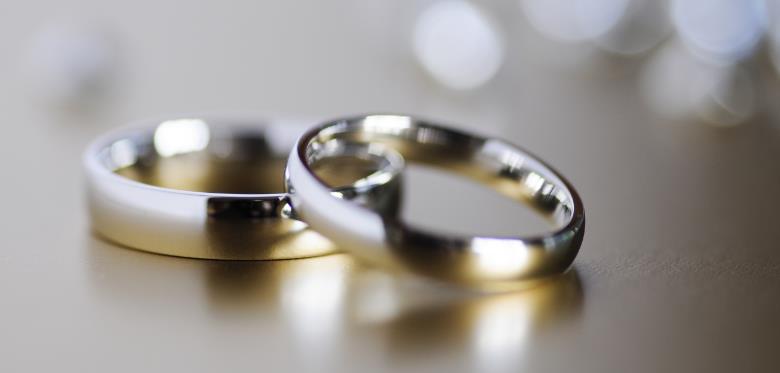This week the Supreme Court heard the case of different-sex couple Rebecca Steinfeld, and Charles Keidan. The couple entered into a legal battle as they wish to enter into a civil partnership rather than a marriage. They seek the right to enter into a civil partnership as they are not comfortable with the historical patriarchy which surrounds a traditional marriage.
Rebecca and Charles’ commitment to equality and their rejection of marriage because of its patriarchal associations is such that rather than adopt a double-barrelled surname they intend to fuse their surnames to create a new family name of Keidstein.
At the moment whilst both same-sex and different-sex couples may marry but civil partnerships are only available to same-sex couples. Rebecca Steinfeld and Charles Keidan argue that this is discriminatory and should be an option open to everybody. At present there are 3.3 million unmarried, cohabiting couples in the UK who have no legal rights against the other in the event of separation or death. If, as a result of this case, the government changes its stance on allowing different-sex couples the right to enter into a civil partnership the 3.3 million cohabiting couples would be afforded the opportunity for the same legal rights as a married couple without having to undergo a traditional marriage ceremony.
There are some differences between a marriage and a civil partnership:
- A marriage can be conducted through a religious or civil ceremony and involves the exchange of vows and signing of the marriage register. A civil partnership is an entirely civil process, which does not involve vows.
- A marriage certificate gives the name of each person’s father, whereas a civil partnership certificate gives both parents’ names.
- Adultery can be used as grounds for divorce, but not to end a civil partnership.
Other countries have already changed the law to allow different-sex couples the opportunity to choose either civil partnership or marriage. In the Netherlands last year there were 64,400 marriages and 17,900 civil partnerships, suggesting that there is a demand for both arrangements
Due to the imminent Supreme Court decision and the flow of support that the couple have received the government are now under significant pressure to change the law in relation to civil partnerships which would give equal opportunities for all couples.
By Ceri Thomas and Jack Challinor in the family law department
Sources: The Guardian, Family Law



Comments